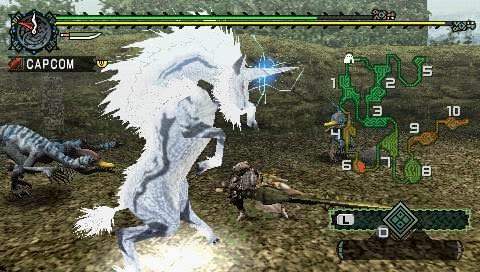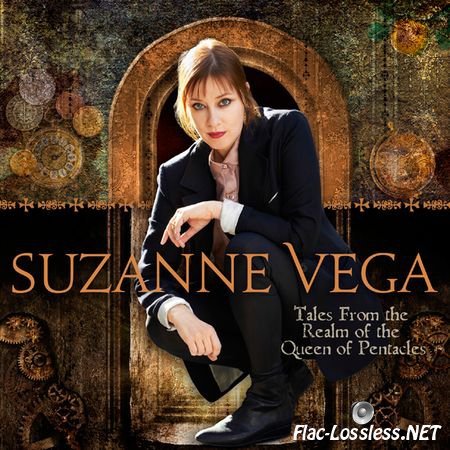

The ever-evolving group had its biggest successes in the ’80s with driving, off-kilter pop songs that made hay of socio-political critiques and Beatles-like guitar hooks, and as they moved into the ’90s, they were beloved by the post-collegiate crowd that didn’t cotton to mainstream radio but was also turned off by what the post-Nirvana or Lollapalooza worlds had to offer.

Or they could simply be relegated to the bargain bin of your local used CD shop, copies of their later albums collecting dust next to a dozen copies of R.E.M.’s Monster.Īll of those categorizations are actually dead on. Or they could slot into an adult alternative playlist, to be heard between semi-hits by Natalie Merchant and Suzanne Vega on a Pandora playlist. You could peg them as an ’80s dinosaur whose most recognizable tracks pop up on cut-rate compilations of new wave or classic alternative rock.

Of all the bands that emerged from the British post-punk scene, XTC has been one of the hardest to pin down.


 0 kommentar(er)
0 kommentar(er)
